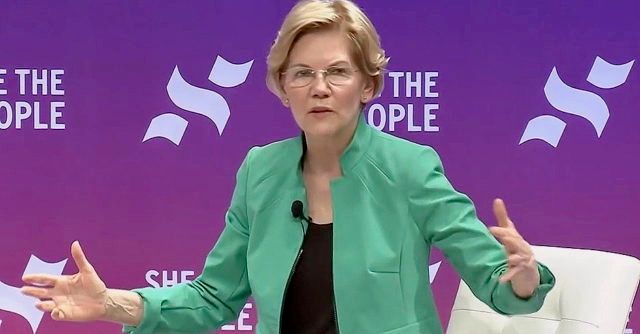"This book is the story of a quiet and important revolution beginning in the 1960s and early 1970s, when economists become increasingly important in shaping public policy," said Appelbaum. "The economy was beginning to sputter. The message of these economists was that the answer to most policy problems is for government to get out of the way and allow markets to allocate resources. They argue that a focus on redistribution, and on equality, will come at the expense of growth."
"We don’t get the growth we were promised," added Appelbaum. "The basic idea that this is going to work to deliver prosperity doesn’t happen. What we get instead is huge inequality. One very important consequence is that it makes it much harder to have democracy. You get this bifurcation where the interests of the poor and the rich are very different, and the middle class is shrinking. The result is that the ability for the populace to govern itself in its collective interest is really eroded. In the wake of that, one of the inevitable responses is the rise of nationalist demagogues who say, 'The solution is to reject open borders, to reject free trade, to reject technocracy.'"
"The generation of workers who came of age in the 1990s in the U.S. were much more likely to have college educations than their peers in other industrialized nations. America in mid-century invested heavily in accessible public education," said Appelbaum. "But the generation born in the 1990s are less likely than their peers in many developed countries to have college educations. The reason is that we stopped investing in access to public education. We went from a period in which we were making public investments in long-term economic development to a period in which we are not."
Appelbaum said that a major turning point — for both parties — was the financial crisis.
"We are seeing a reconsideration of some of these basic debates that were decided one way in the 1970s and the 1980s," said Appelbaum. "And we’re now seeing Democratic candidates — and in some cases Republican candidates — argue that we need a different set of solutions. Antitrust is one area where you see both on the left and right a real willingness to reconsider."
One of the fundamental problems, Appelbaum noted, is that the way that rich and poor people alive today are so detached from each other that nobody feels any incentive for civic discussion or compromise.
"The very defining feature of a marketplace is that one has the choice to buy or not to buy. There are areas in which that makes a great deal of sense. But there are also areas in which allowing people to opt out — to walk away, to leave communities, to detach from public life — ends up eroding the quality of public life and public institutions," said Appelbaum. "There is no more important example than suburbs isolated from the administration of their regions. We end up with self-sufficient enclaves on the outskirts populated by people whose lives are going quite well, and nearby, people with whom they are tied economically — but have detached themselves from civically. That’s had enormously detrimental consequences."
The answer to all of this, Appelbaum concluded, is to treat inequality itself as a political problem that must be fixed, not simply the total employment or total growth.
"Our problem is inequality," he said. "We’ve been indifferent to inequality for a very long time in our public policy. The first step towards improving the situation is simply taking the problem seriously."
